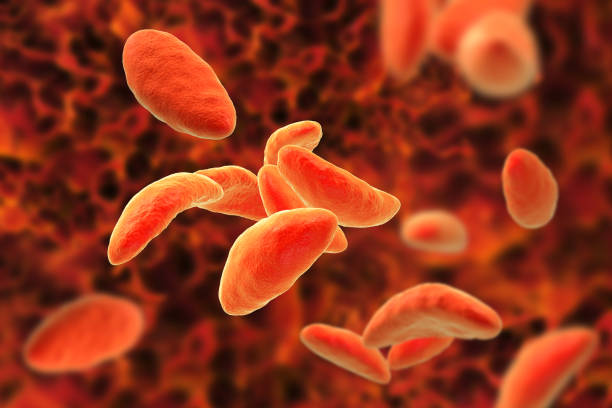Toxoplasmosis is a parasitic infection caused by the parasite Toxoplasma gondii. The parasite is primarily found in the feces of infected cats, but can also be present in contaminated soil, undercooked meat, and in unpasteurized dairy products.
Symptoms of Toxoplasmosis
Toxoplasmosis is often asymptomatic, meaning that infected individuals may not experience any symptoms. However, some people may experience symptoms that can range from mild to severe, including:
Flu-like symptoms: Fatigue, fever, muscle aches, and swollen lymph nodes are common symptoms of toxoplasmosis. These symptoms can resemble the flu and may last for a few days or weeks.
Headache: Some individuals may experience a headache that is accompanied by a general feeling of discomfort.
Eye problems: Toxoplasmosis can cause inflammation of the retina and other parts of the eye. In severe cases, it can lead to vision loss.
Skin rash: A rash may develop in individuals infected with toxoplasmosis.
Nausea and vomiting: Some individuals may experience nausea and vomiting as a result of the infection.
In individuals with weakened immune systems, such as those with HIV/AIDS, the symptoms of toxoplasmosis can be more severe and long-lasting.
Treatment for Toxoplasmosis
The treatment for toxoplasmosis depends on the severity of the infection and the individual’s overall health. In healthy individuals with mild symptoms, treatment is typically not necessary. However, those with severe symptoms, or individuals with weakened immune systems, may require treatment.
Antibiotics: Antibiotics such as sulfadiazine, pyrimethamine, and clindamycin are commonly used to treat toxoplasmosis. These drugs are effective in killing the parasite and reducing symptoms.
Corticosteroids: Corticosteroids may be prescribed to individuals with severe eye problems caused by toxoplasmosis. These drugs reduce inflammation and help to prevent vision loss.
Immune system support: Individuals with weakened immune systems may require additional support to boost their immune system and prevent further infections. This may include medications, supplements, and a healthy diet.
Preventing Toxoplasmosis
The best way to prevent toxoplasmosis is to avoid exposure to contaminated soil and food. Here are a few tips to help reduce your risk of infection:
Wash your hands frequently: Wash your hands with soap and water after handling raw meat, gardening, or cleaning litter boxes.
Cook meat thoroughly: Cook all meat, especially pork, lamb, and venison, to a safe temperature to kill any parasites that may be present.
Avoid raw dairy products: Do not consume unpasteurized dairy products, such as raw milk, as they can contain the parasite.
Wear gloves while gardening: Wear gloves while gardening or handling soil to reduce your risk of exposure to contaminated soil.
Keep litter boxes clean: Clean litter boxes regularly and wear gloves while doing so to reduce your risk of exposure to contaminated feces.
Conclusion
Toxoplasmosis is a parasitic infection that can cause mild to severe symptoms, depending on the individual’s immune system. If you suspect that you may have been infected with Toxoplasmosis, it is important to see a doctor as soon as possible. With prompt treatment, most people can make a full recovery. By following the prevention tips outlined above, you can reduce your risk of Toxoplasmosis and stay healthy.

 Home
Home Health
Health Diet & Nutrition
Diet & Nutrition Living Well
Living Well More
More












